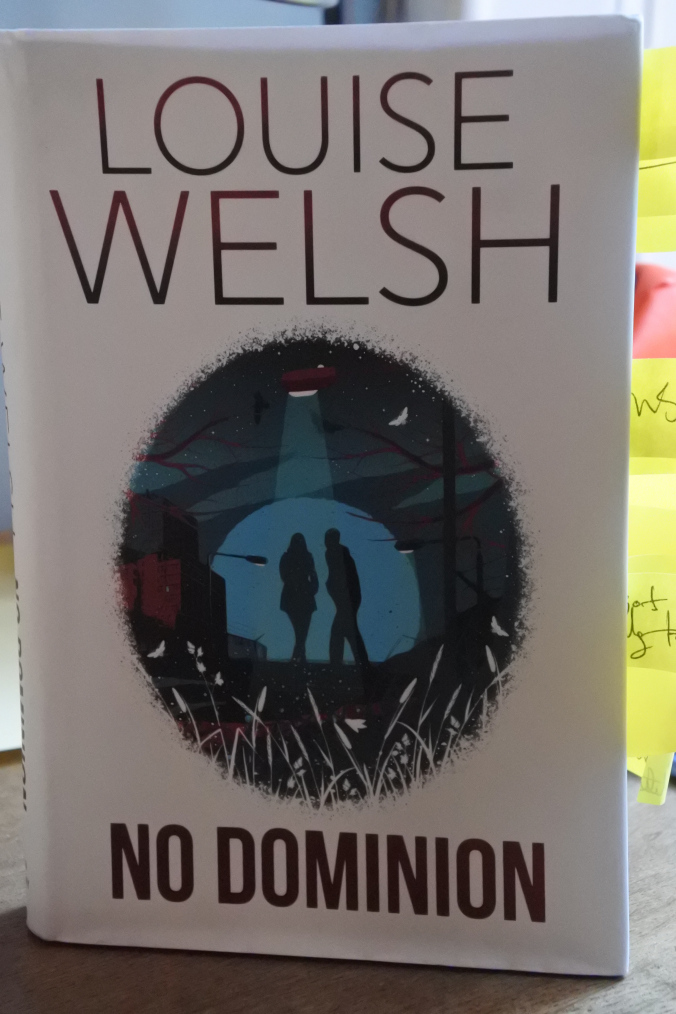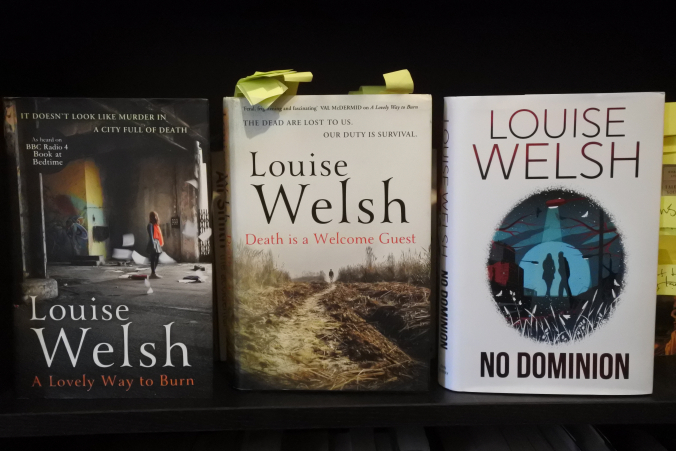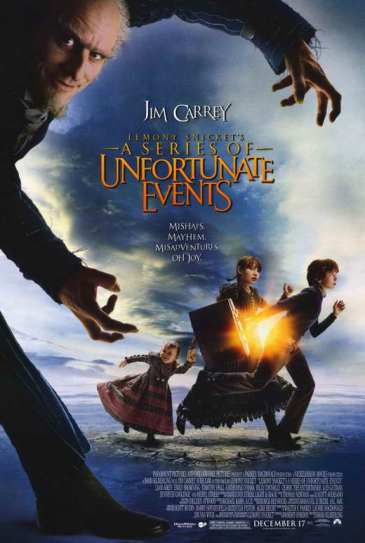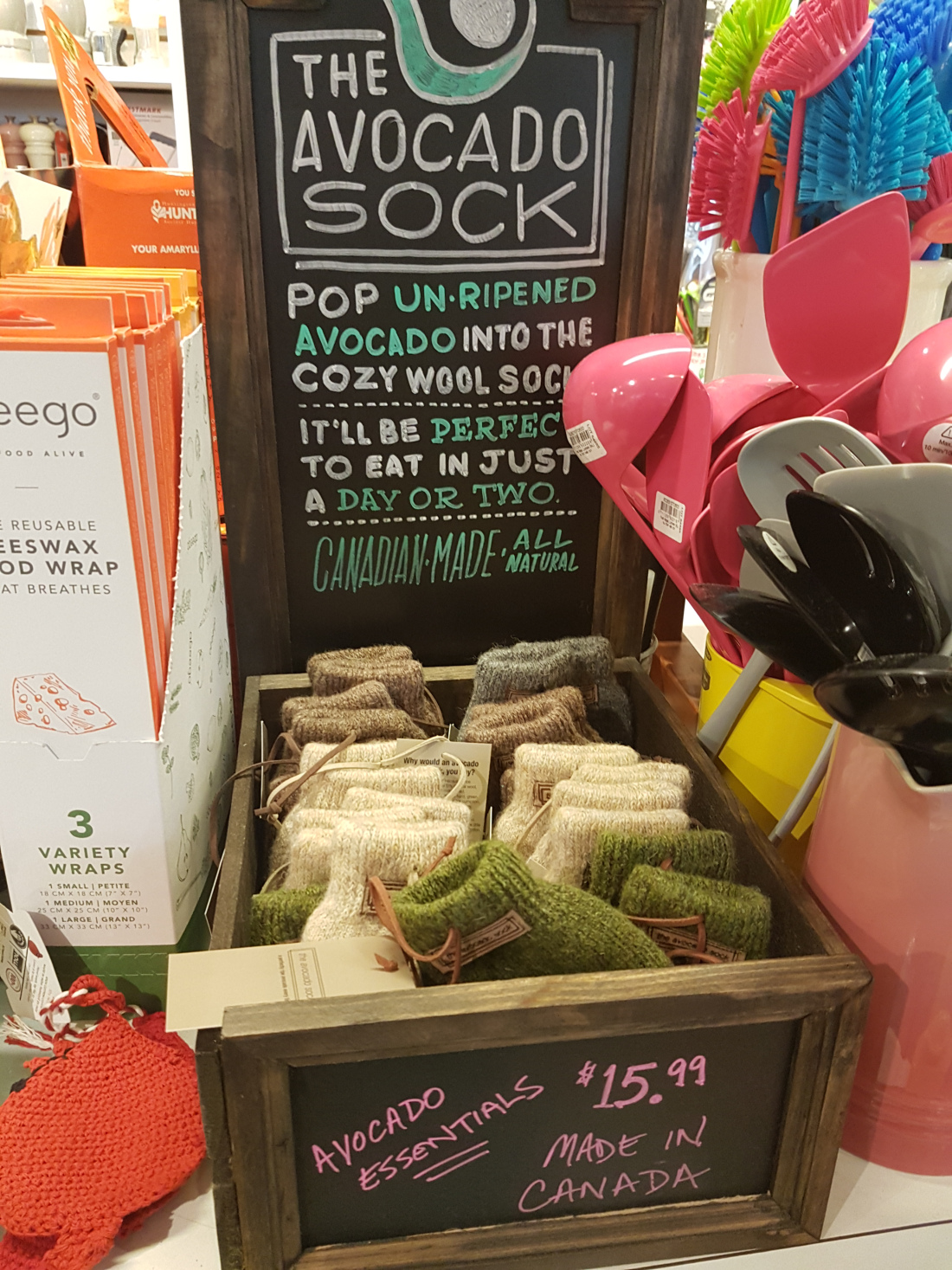
There are always mixed feelings when a favoured series comes to an end. You want to see how things pan out, but there is also the terrible realisation that these characters you have come to know and care for will no longer be part of your lives. All you can hope for is a fitting conclusion to make that investment worthwhile. Louise Welsh’s ‘Plague Times Trilogy’ has reached its denouement with No Dominion, and while I have been waiting eagerly since 2015’s Death Is A Welcome Guest to find out what had happened to Stevie Flint, Magnus McFall and their new lives in Orkney, it is bittersweet to think that I won’t get to read what happens next. Luckily, Welsh sends them off in fine style.
After escaping the mainland, hopefully leaving the plague known as “the Sweats” behind as well, No Dominion begins seven years after the end of the last novel. Stevie and Magnus are integral parts of a small community on Orkney, a strange mix of adult survivors and local orphans who are attempting to play happy families while all time the sense of impending threat remains. Some of these children are now reaching young adulthood, which brings with it the normal teenage thoughts of familial and social rebellion combined with raging hormones, a dangerous coupling at the best of times, and these are not the best of times.
The Prologue sets out the nature of the community, and introduces a sense of foreboding that a price is about to be paid for what has been told to these children, and, more pointedly, what has been withheld. If knowledge is power, a lack of knowledge can act as an equally powerful incentive to discover your own truth. If we believe John Lydon that “Anger is an energy” then the simmering tension that these teenagers have been harbouring was bound to explode, all it needed was a spark.
When strangers reach the island’s shore they threaten to break this uneasy alliance wide open. Things move up a pace when some of the children are taken off the island and it is up to Stevie and Magnus to find them and bring them back. This leads the two to come into contact with dangerous and desperate characters – men, women and children who are trying to survive by any means necessary in a post-Sweats world. It’s a place where laws and systems, both legal and moral, are no longer what they once were which forces the reader to consider what they would do in such circumstances, and where they would draw their own line.
The idea of democracy is examined. There is a quote from Aristotle’s Politics at the beginning of the book, where the claim is made that “..some are marked out for subjection, others for rule.” On Orkney they are trying to maintain something approaching the Athenian model of democracy, with various citizens voted in to fulfill the necessary roles. Meanwhile, in Glasgow, there is a more autocratic form of government in place, but one which those at the top still describe as “democratic”. Other, more feudal, systems are also encountered as Stevie and Magnus’s quest continues. Welsh has admitted that recent world events have had an influence on this third book, and it is interesting to read with that in mind.
Previous influences for the trilogy have included TV shows such as Threads and Day Of The Triffids, and left-field horror films such as The Wicker Man, Children Of The Corn and 28 Days Later. This time round you can detect the influence of Scottish literature – particularly Edwin Muir and Robert Louis Stevenson in terms of place and landscape. There are songs by Robert Burns, and at least one relationship that closely mirrors that between daughter and father Chris and John Guthrie in Lewis Grassic Gibbon’s Sunset Song. It is tribute to Welsh’s skill and vision that she has managed to weave these and other strands across three novels and have it all come together by the end to become a satisfying whole.
If the first two novels in the ‘Plague Times Trilogy’ were driven by a powerful mixture of fear and hope, what drives No Dominion is love – the love of a parent for a child, but also that between friends and family. It simultaneously makes people weak and strong, and is what makes them break their own rules and act in ways which they wouldn’t have dreamt of previously. It’s perhaps surprising but ultimately heartening that at the end of the ‘Plague Times Trilogy’ Louise Welsh appears to be suggesting that all you need is love. That, and a small firearm handy – just in case.
You can listen to Louise Welsh in conversation with Ali on a recent SWH! Podcast, where they discuss No Dominion and a whole lot more.






